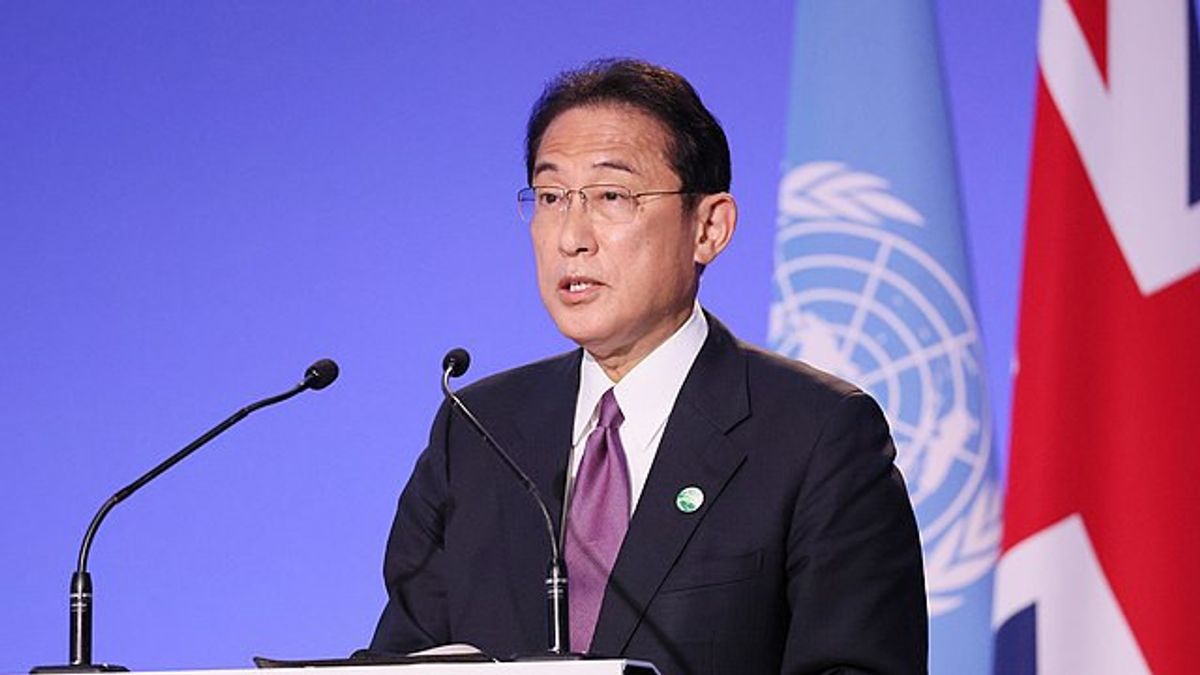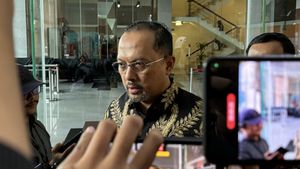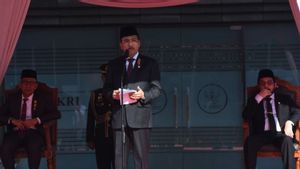Japanese Prime Minister Fumio Kishida said he would resign in September, ending a three-year term that was damaged by political scandals and paving the way for the new prime minister to address the impact of rising prices.
"Politicals cannot function without public trust," Kishida told a news conference announcing his decision not to run again as leader of the Liberal Democratic Party (LDP).
"I will now focus on supporting the newly elected LDP leader as a party member," he continued.
His decision to step down sparked competition to replace him as president of the party, as well as the leader of the country with the fourth-largest economy in the world.
Public support for Kishida slumped amid the revelations of LDP relations with the controversial Unification Church and political donations given at an unregistered party fundraising event.
But he also faced public dissatisfaction with wage failure to offset the cost of living as the country finally managed to break free from deflationary stress over the years.
SEE ALSO:
The incumbent prime minister LDP cannot run in the presidential election unless he believes in his victory. It's like the main champion yokozuna sumo. You don't just win, but you have to win gracefully," said Koichi Nakano, professor at Sophia University.
Whoever replaces Kishida as chairman of the LDP must unite a divided ruling group and address the rising cost of living, increasing geopolitical tensions with China, and the potential return of Donald Trump as president of the US next year.
The English, Chinese, Japanese, Arabic, and French versions are automatically generated by the AI. So there may still be inaccuracies in translating, please always see Indonesian as our main language. (system supported by DigitalSiber.id)

















